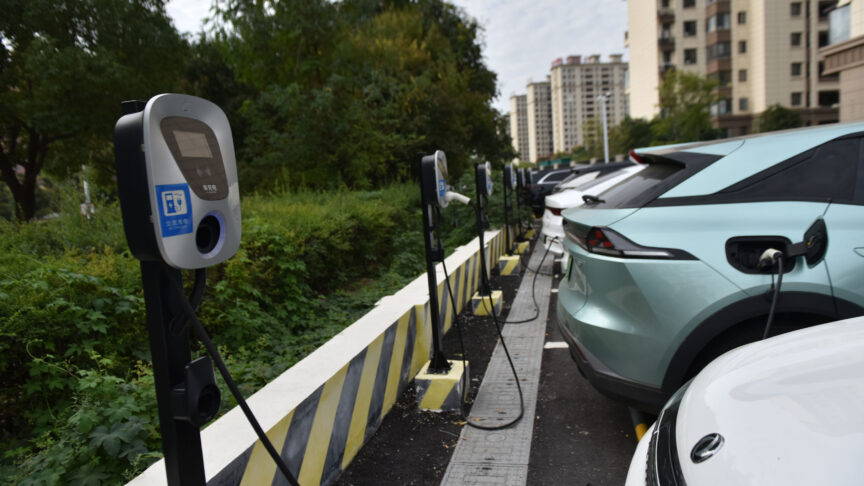
Divided we stand: The EU votes on Chinese electric vehicle tariffs
The EU vote in favour of tariffs on Chinese electric vehicles has exposed divisions across EU member states on how to approach the challenges that China’s economic rise pose

The EU vote in favour of tariffs on Chinese electric vehicles has exposed divisions across EU member states on how to approach the challenges that China’s economic rise pose
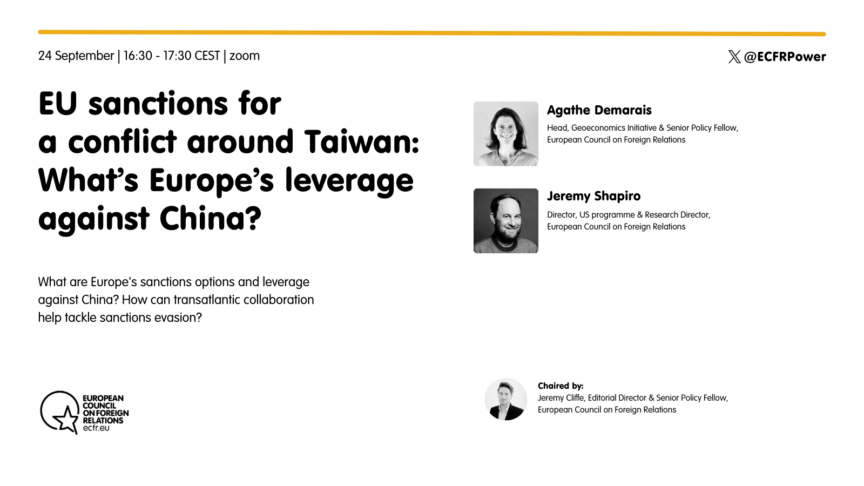
As the United States shifts its focus toward Southeast Asia and China, Europe faces a critical moment in evaluating its own approach to a potential…
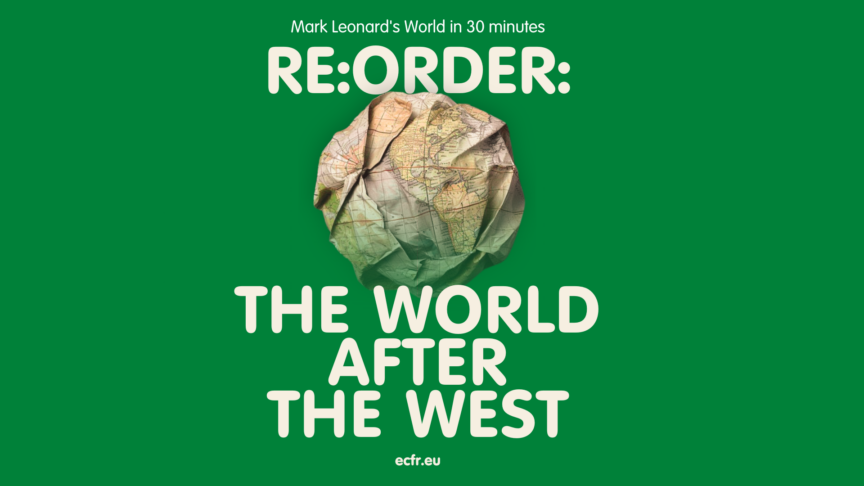
In recent years, China has overtaken the United States as the largest trading partner of the Association for Southeast Asian Nations (ASEAN). Not only has…
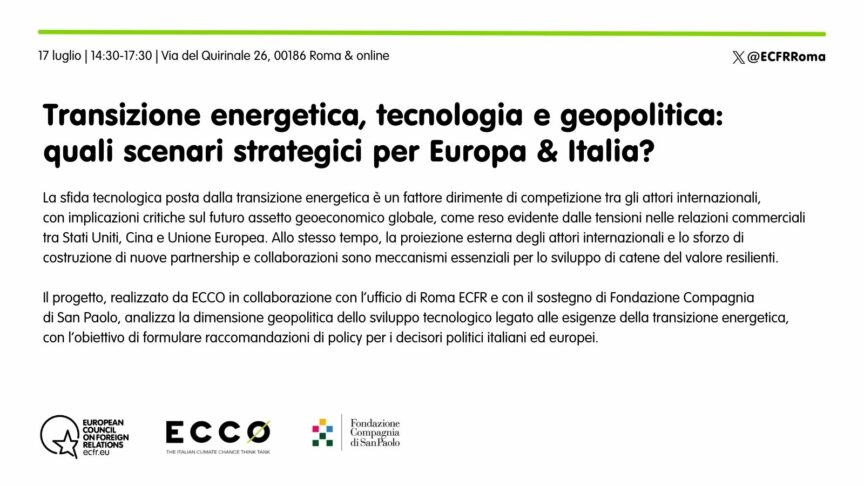
La sfida tecnologica posta dalla transizione energetica è un fattore dirimente di competizione tra gli attori internazionali, con implicazioni critiche sul futuro assetto geoeconomico globale, come reso evidente dalle tensioni nelle relazioni commerciali tra Stati Uniti, Cina e Unione Europea. Allo stesso tempo, la proiezione esterna degli attori internazionali e lo sforzo di costruzione di nuove partnership e collaborazioni sono meccanismi essenziali per lo sviluppo di catene del valore resilienti

China’s ideas could become the country’s next big export. The Idea of China examines Chinese thinking about global order, AI, demographic change, and more – and considers how these ideas could influence the world

As technological competition between the US and China grows, the EU’s next technology agenda needs to be more assertive to maximise its global influence
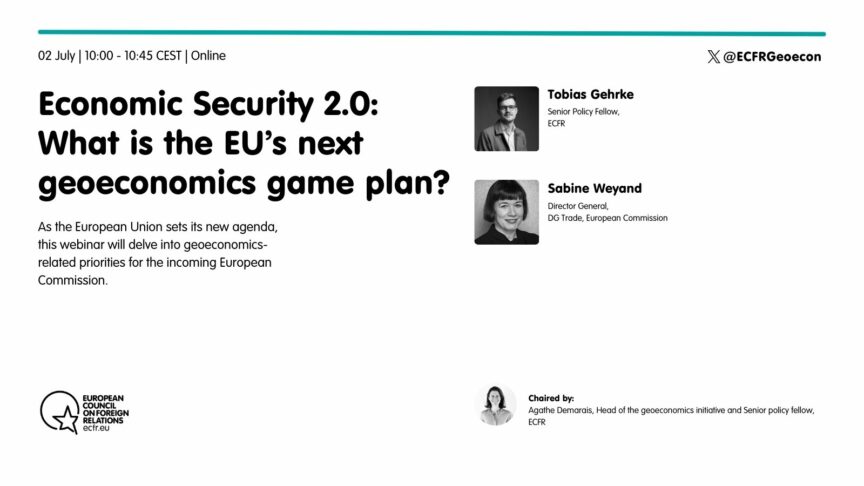
As the European Union sets its new agenda, this webinar will delve into geoeconomics-related priorities for the incoming European Commission. Drawing on two new ECFR…
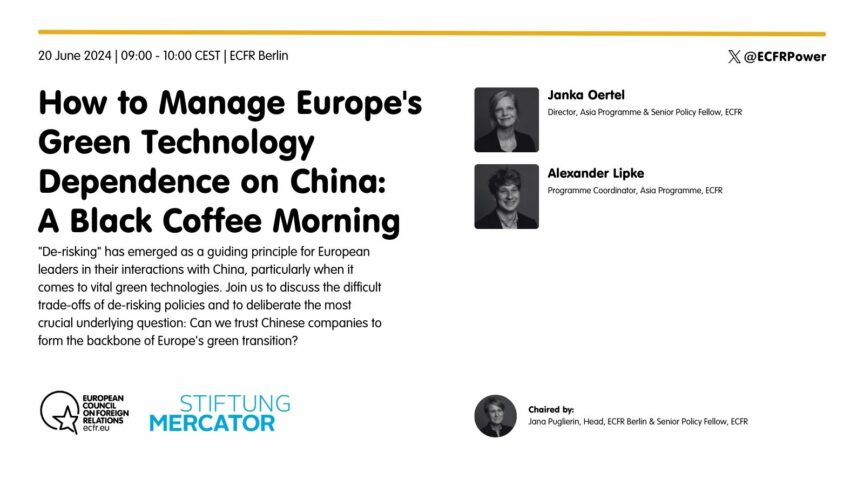
As the global landscape shifts towards strategic rivalry between China and the advanced industrial economies of the West, Europe finds itself at a crossroads, needing…
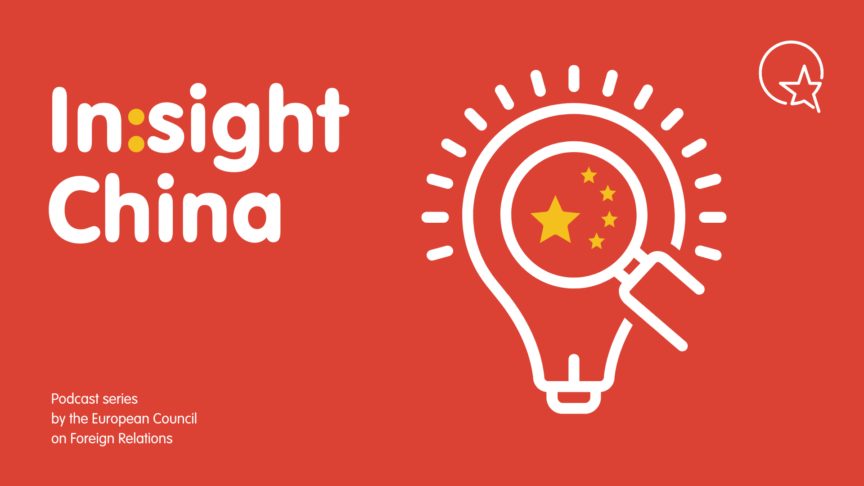
Mark Leonard welcomes Angela Zhang to discuss China’s big tech regulation
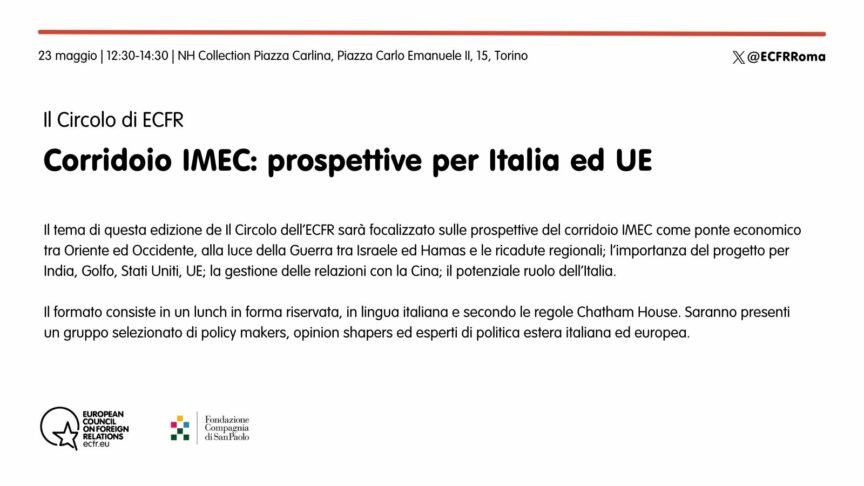
Il tema di questa edizione de Il Circolo dell’ECFR sarà focalizzato sulle prospettive del corridoio IMEC come ponte economico tra Oriente ed Occidente

China’s ideas could become the country’s next big export. The Idea of China examines Chinese thinking about global order, AI, demographic change, and more – and considers how these ideas could influence the world
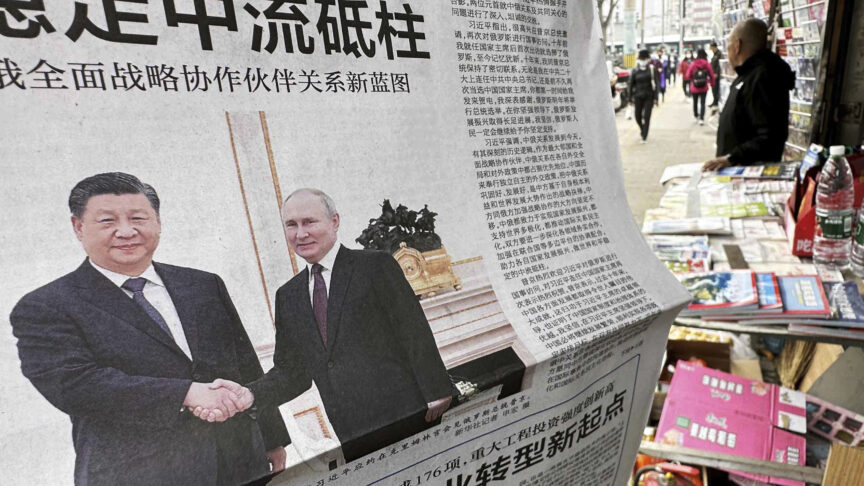
Chinese thinkers are drawing four key lessons from Russia’s war on Ukraine, informing their views on: America, Russia, Taiwan, and economic interdependence with the West
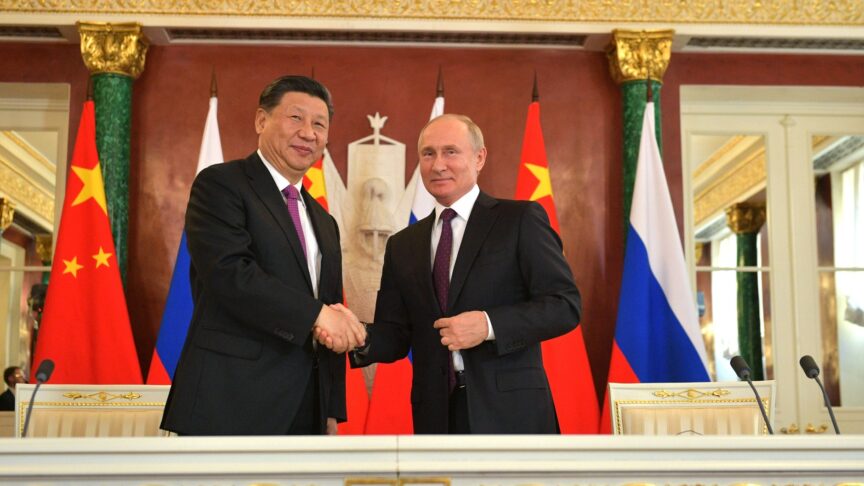
The West does not have an opportunity to prompt a policy U-turn in Moscow that divides Russia and China. But it could give Russia space to hedge against China in key areas

The EU vote in favour of tariffs on Chinese electric vehicles has exposed divisions across EU member states on how to approach the challenges that China’s economic rise pose

As technological competition between the US and China grows, the EU’s next technology agenda needs to be more assertive to maximise its global influence
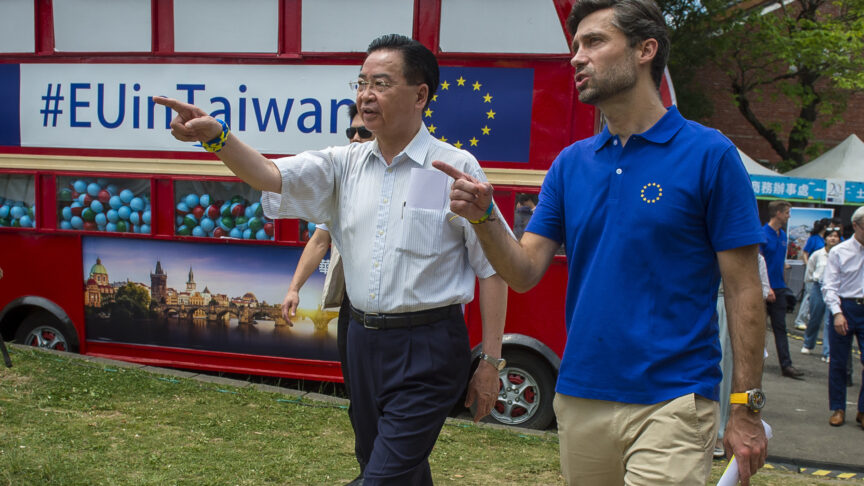
Based on the idea that Russia’s and China’s increasingly aggressive foreign policies are interrelated, Taipei is strengthening ties with central and eastern Europe
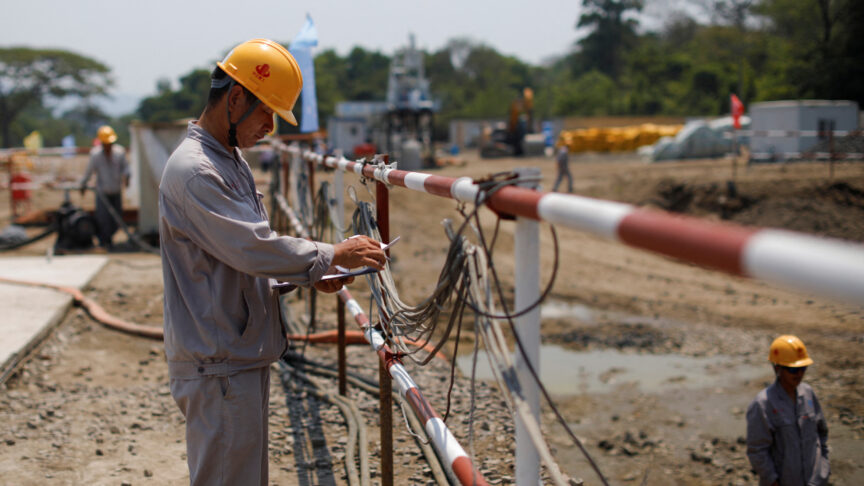
As Beijing’s investment approach to Latin America focuses on industries of strategic importance, the EU and US will need to contend with growing Chinese competition

The EU’s plans to upgrade the Middle Corridor trade route may boost Russian and Chinese connectivity with central Asia. But for Europeans, the long-term economic and strategic benefits of going ahead with the development far outweigh these risks
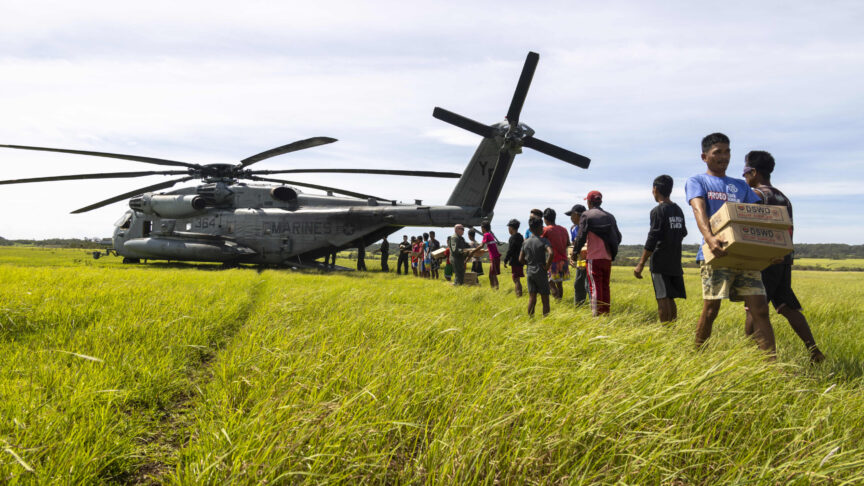
Disaster relief efforts in the Indo-Pacific are quickly becoming a space for geopolitical competition, especially between the US and China. Europeans should watch closely, working to showcase their own usefulness to the region while helping to reduce its dependencies on China
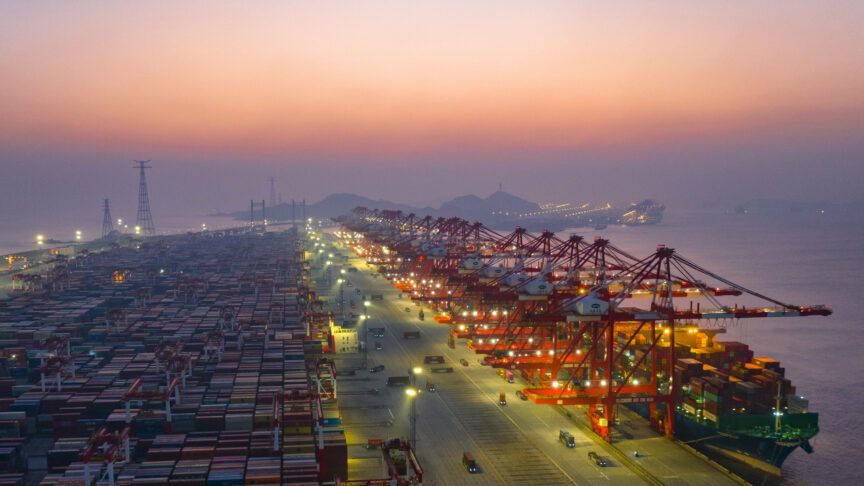
Two decades ago, China’s reformist economists walked the halls of power and dictated policy. Now, they have been sidelined in favour of a new priority: national security. What happened?
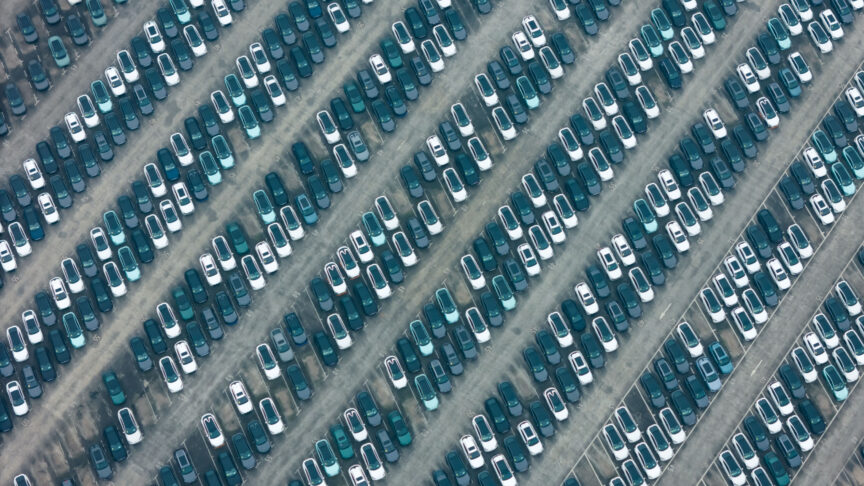
The security challenge posed by Chinese electric vehicles is in many ways greater – and trickier to solve – than that of 5G networks. With such cars entering the European market at growing speed, policymakers need to move swiftly
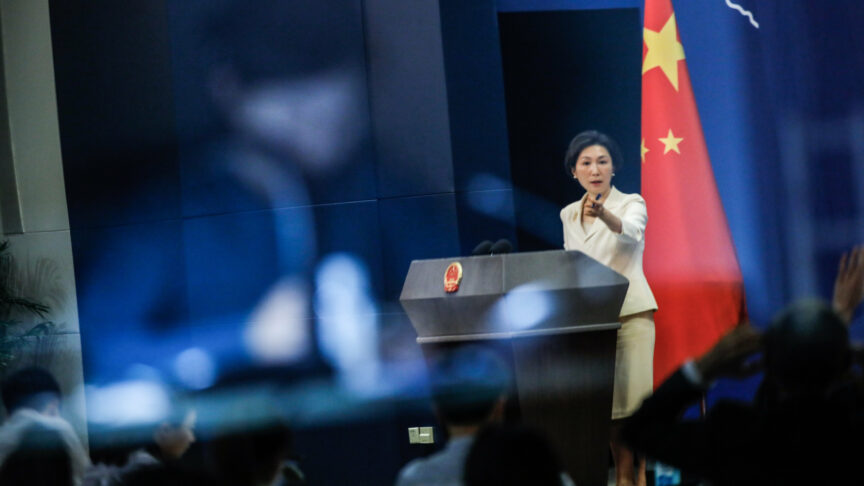
Amidst the Israel-Hamas war, Beijing sees an opportunity to differentiate itself from the West’s unconditional support for Israel and gain favour in the global south. But the conflict has revealed China’s lack of political weight in the region – and an opportunity for European engagement
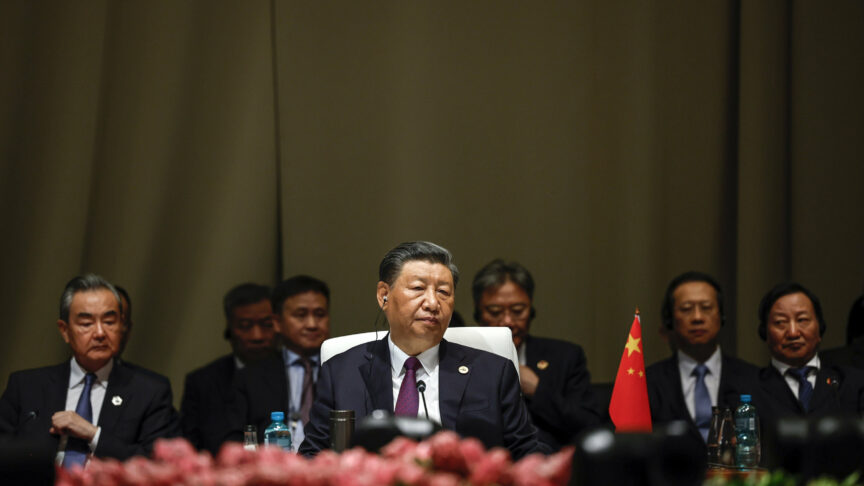
Contrary to how it may appear to many, not least in the US, the new cold war seems to be based not on the old logic of polarisation, but on a new logic of fragmentation. Judging by the growth of the BRICS group of major emerging economies, there is no shortage of countries that find that new logic enticing

In recent years, China has overtaken the United States as the largest trading partner of the Association for Southeast Asian Nations (ASEAN). Not only has…

Mark Leonard welcomes Angela Zhang to discuss China’s big tech regulation
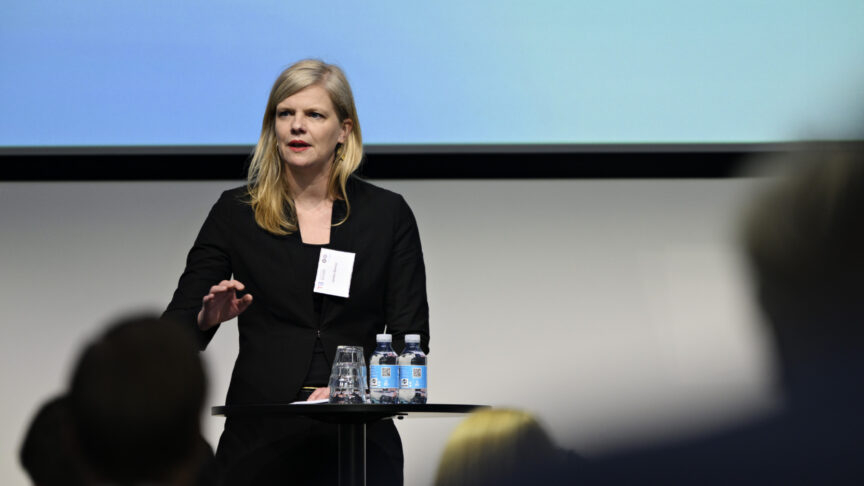
Mark Leonard welcomes Janka Oertel to discuss her new book “End of the China illusion” and the West’s biggest misconceptions about China
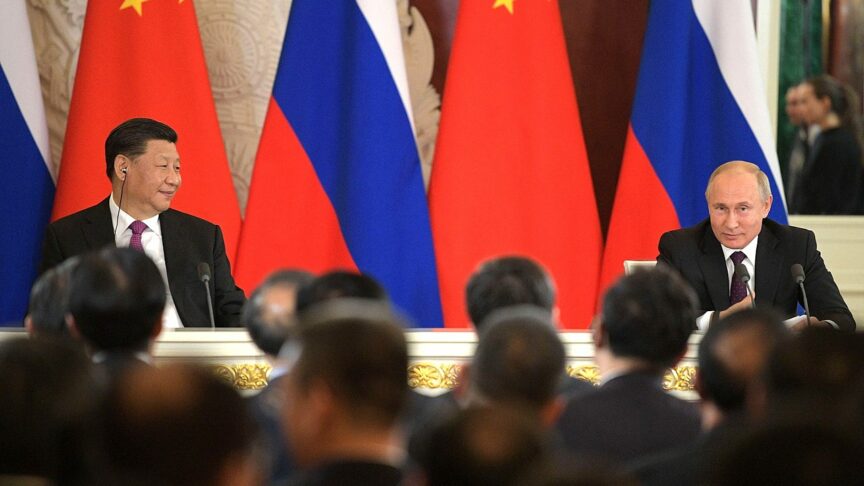
How is Russia’s attack on Ukraine perceived in China? Will Russia and China be joining forces in an ‘alliance of autocracies’? What does Russian and Chinese policymakers planning look like now – and what should Europeans do?

As the United States shifts its focus toward Southeast Asia and China, Europe faces a critical moment in evaluating its own approach to a potential…

La sfida tecnologica posta dalla transizione energetica è un fattore dirimente di competizione tra gli attori internazionali, con implicazioni critiche sul futuro assetto geoeconomico globale, come reso evidente dalle tensioni nelle relazioni commerciali tra Stati Uniti, Cina e Unione Europea. Allo stesso tempo, la proiezione esterna degli attori internazionali e lo sforzo di costruzione di nuove partnership e collaborazioni sono meccanismi essenziali per lo sviluppo di catene del valore resilienti

As the European Union sets its new agenda, this webinar will delve into geoeconomics-related priorities for the incoming European Commission. Drawing on two new ECFR…

As the global landscape shifts towards strategic rivalry between China and the advanced industrial economies of the West, Europe finds itself at a crossroads, needing…

Il tema di questa edizione de Il Circolo dell’ECFR sarà focalizzato sulle prospettive del corridoio IMEC come ponte economico tra Oriente ed Occidente
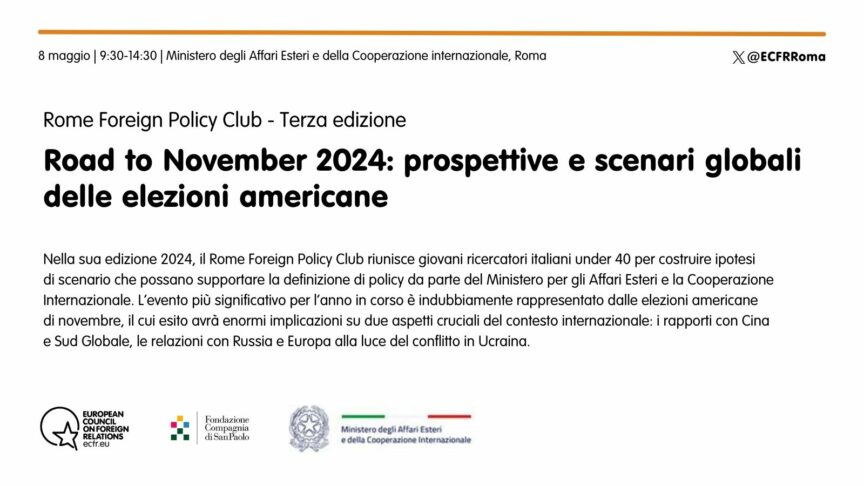
Nella sua edizione 2024, il Rome Foreign Policy Club riunisce giovani ricercatori italiani under 40 per costruire ipotesi di scenario che possano supportare la definizione di policy da parte del Ministero per gli Affari Esteri e la Cooperazione Internazionale. L’evento più significativo per l’anno in corso è indubbiamente rappresentato dalle elezioni americane di novembre il cui esito avrà enormi implicazioni su due aspetti cruciali del contesto internazionale: i rapporti con Cina e Sud Globale e le relazioni con Mosca alla luce del conflitto in Ucraina
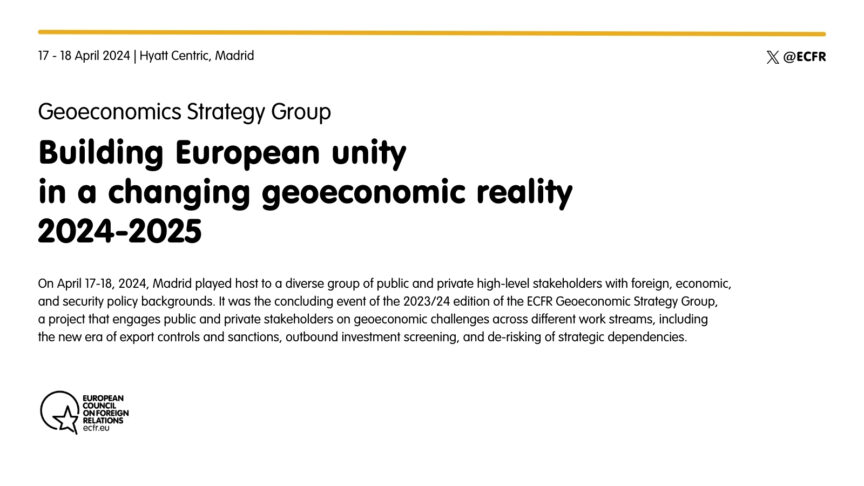
On April 17-18, 2024, Madrid played host to a diverse group of public and private high-level stakeholders with foreign, economic, and security policy backgrounds. It was the concluding event of the 2023/24 edition of the ECFR Geoeconomic Strategy Group
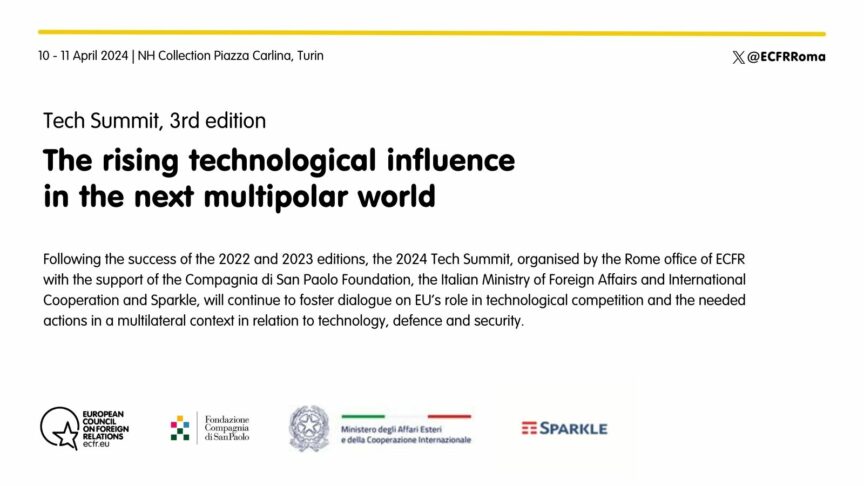
Following the success of the 2022 and 2023 editions, the 2024 Tech Summit will continue to foster dialogue on EU’s role in technological competition and the needed actions in a multilateral context in relation to technology, defence and security

Italy’s leaders are confronting a decision about whether to withdraw from a memorandum of understanding with China on the Belt and Road Initiative (BRI) before…
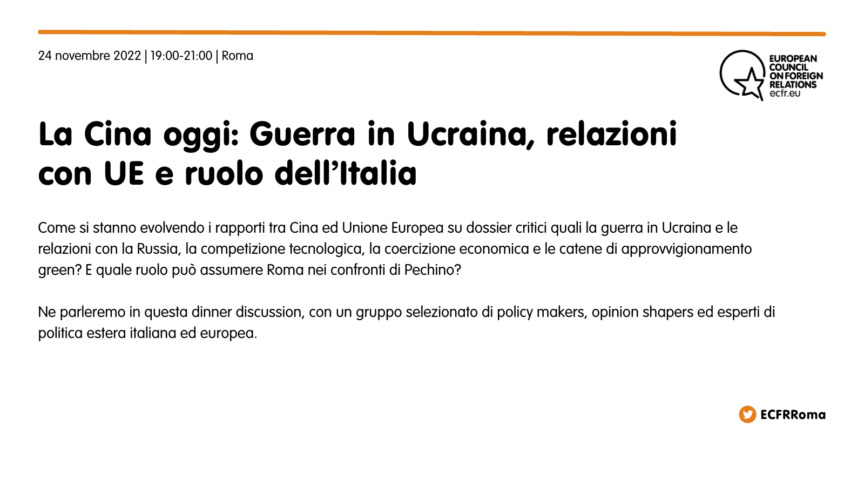
L’evento si concentrerà sul ruolo e la postura della Cina negli attuali equilibri internazionali